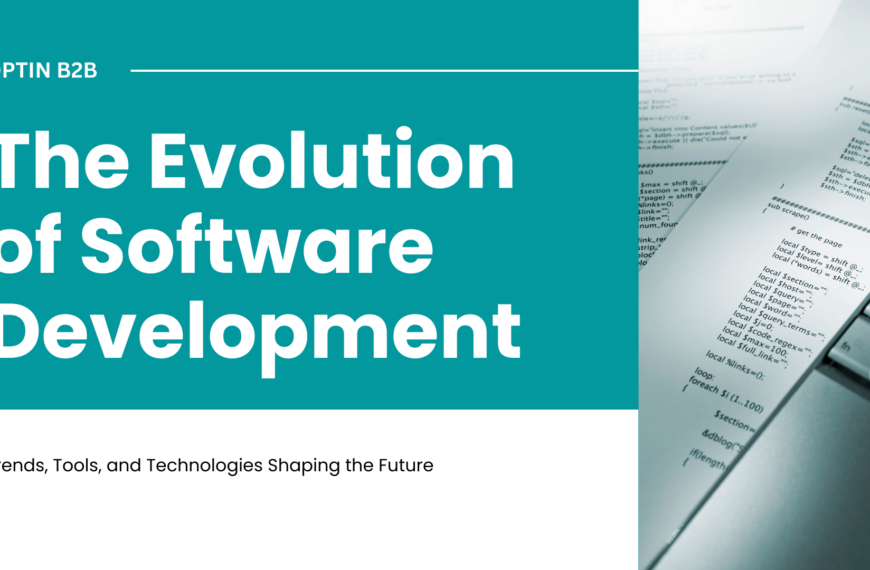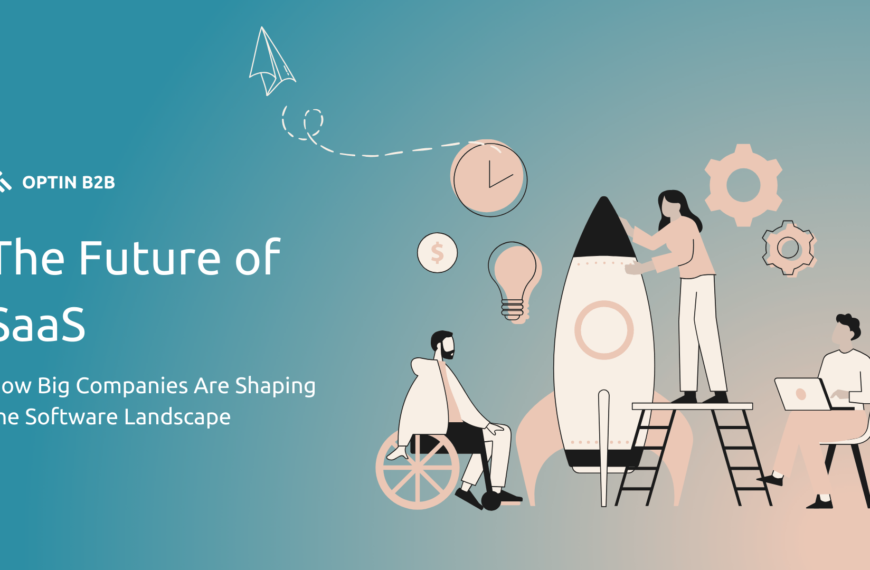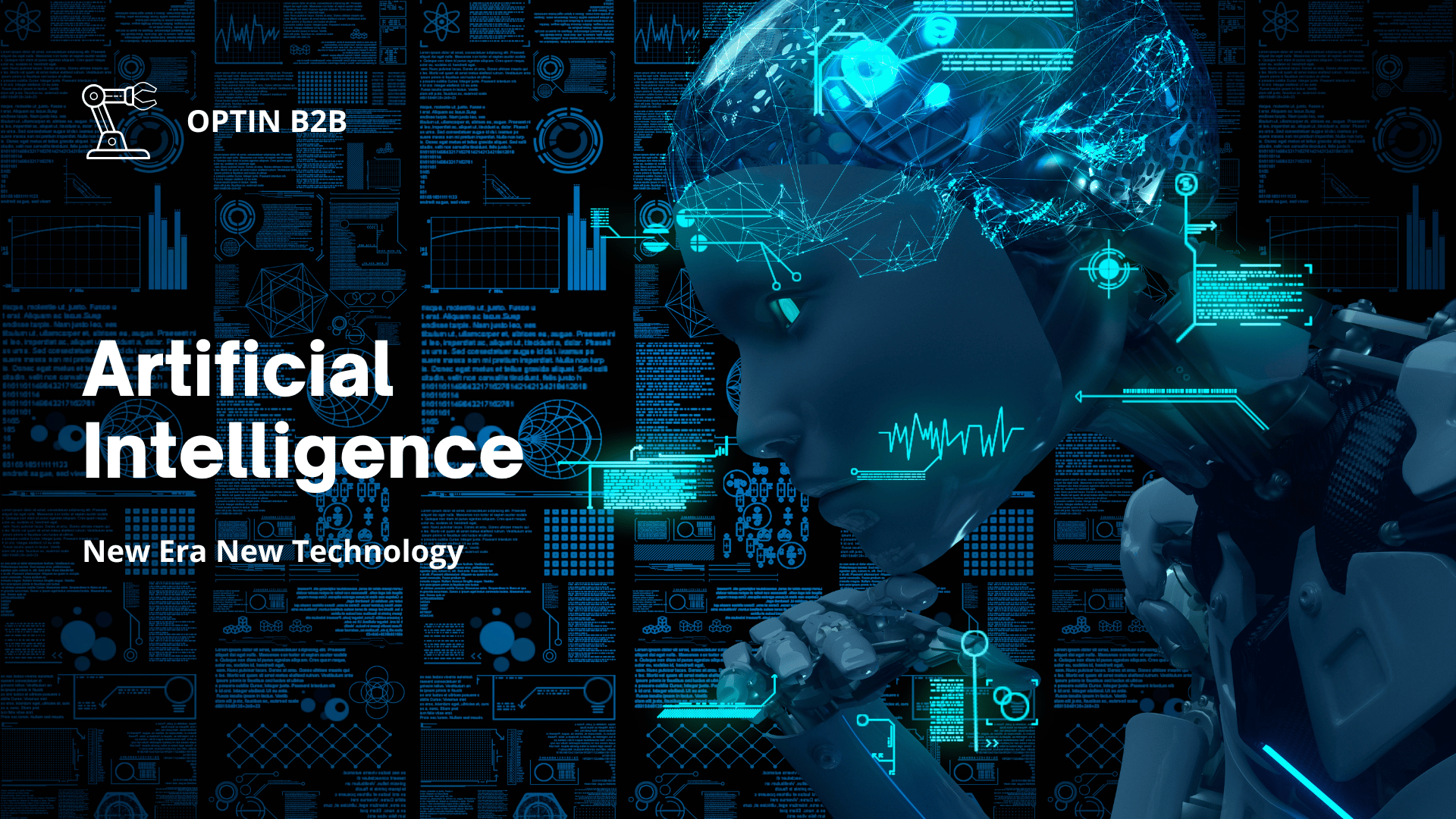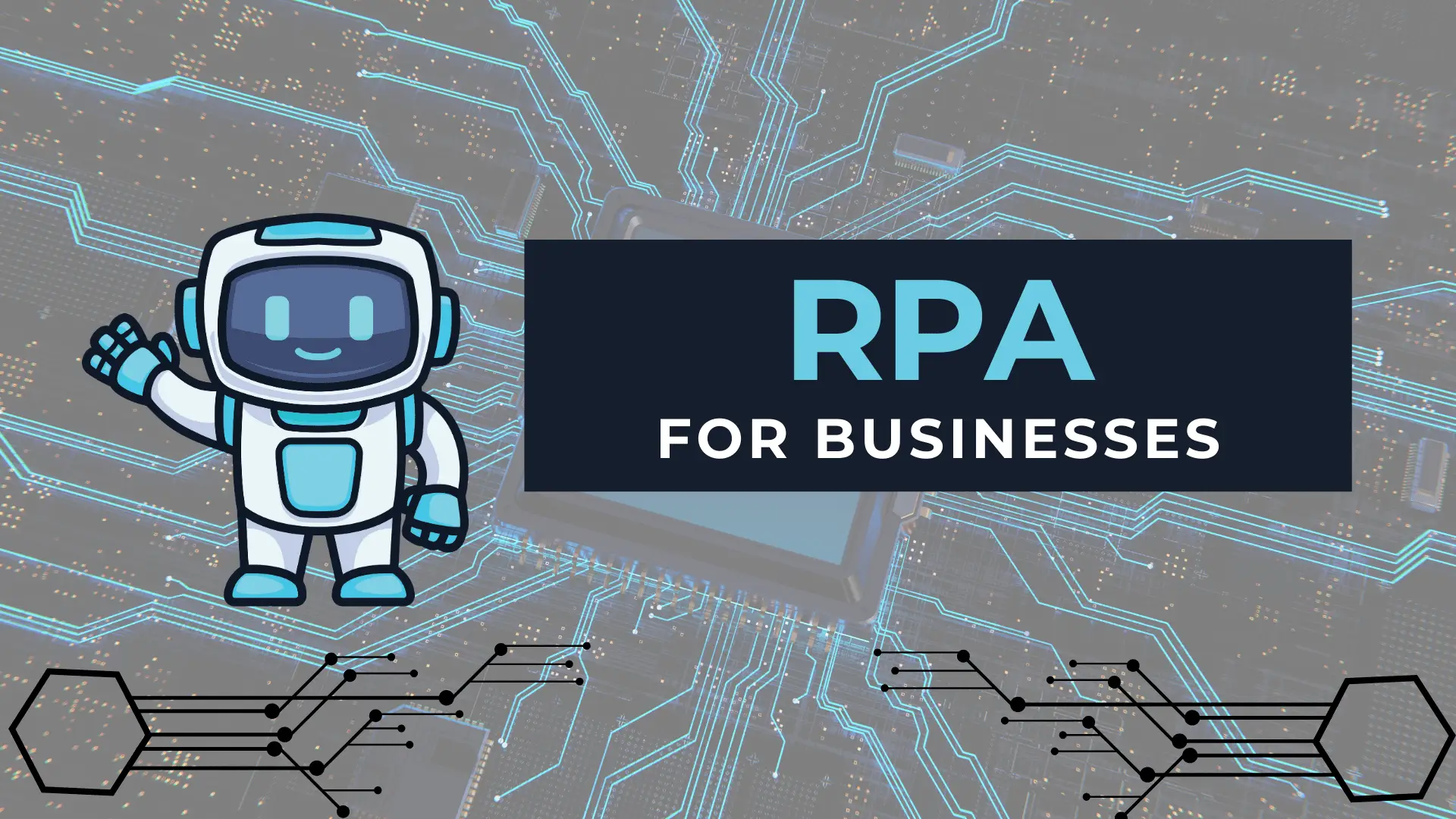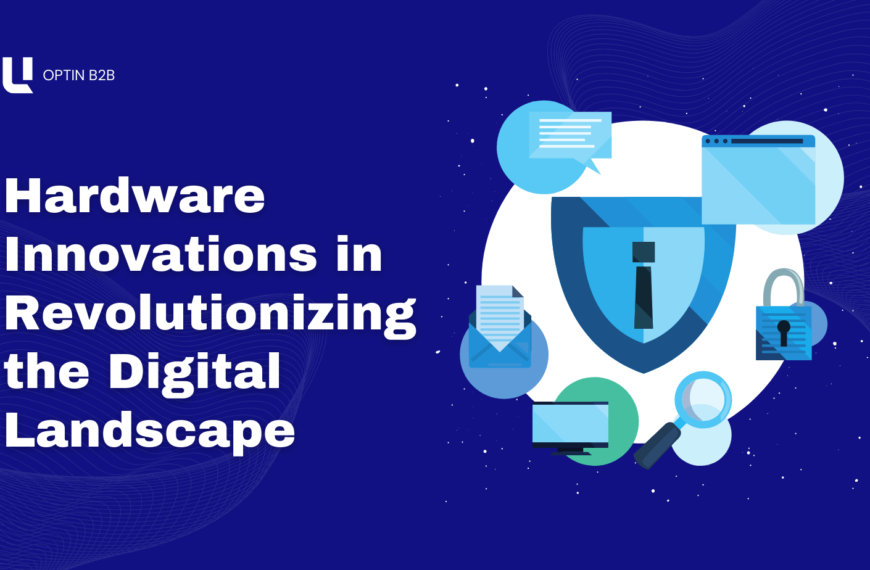Artificial Intelligence (AI) has emerged as a game-changer in the field of cybersecurity, transforming how organizations identify, prevent, and respond to cyber threats. As the digital landscape becomes increasingly complex, cyberattacks are growing in scale and sophistication. Traditional methods of threat detection and mitigation are often no longer sufficient to protect against these advanced threats. In this context, AI is playing a crucial role by enabling real-time threat detection, predictive analytics, and automated responses to cybersecurity incidents.
One of the primary ways AI is revolutionizing cybersecurity is through the use of machine learning (ML) algorithms to detect abnormal patterns and behaviors. By continuously analyzing data from network traffic, user behaviors, and endpoints, AI-driven systems can identify suspicious activities that may indicate a potential breach. Leading companies in the cybersecurity space, such as Darktrace and CrowdStrike, are leveraging AI to create adaptive defense mechanisms that learn and evolve over time, improving their accuracy in identifying new and previously unknown threats. These solutions are capable of responding autonomously to potential threats, significantly reducing response times and the risk of damage.
AI’s ability to automate cybersecurity tasks is another major advantage. Cybersecurity teams are often overwhelmed by the volume of data they must sift through, making it difficult to identify and respond to threats promptly. AI-powered systems can analyze vast amounts of data in real-time, enabling organizations to detect and mitigate threats faster than ever before. Palo Alto Networks and McAfee are utilizing AI to streamline security operations, reducing the burden on human teams and allowing them to focus on more strategic aspects of cybersecurity. The automation of routine tasks, such as patch management and threat hunting, enhances the efficiency of cybersecurity teams while ensuring continuous protection.
Furthermore, AI’s predictive capabilities are helping organizations stay one step ahead of cybercriminals. By analyzing historical attack data and using predictive modeling, AI systems can anticipate potential attack vectors and vulnerabilities before they are exploited. This proactive approach is a significant shift from the traditional reactive nature of cybersecurity. Companies like IBM Security and Sophos are integrating predictive AI into their security offerings, enabling businesses to implement preventive measures and strengthen their defenses against emerging threats.
The future of AI in cybersecurity will likely be shaped by advancements in AI technologies, including deep learning and natural language processing (NLP). These innovations will further enhance the ability of AI systems to understand and interpret complex patterns, making them even more effective at identifying sophisticated attacks. Additionally, as AI becomes more integrated into cybersecurity tools, the industry can expect to see even greater automation, making security operations more efficient and reducing the risk of human error.
As cyber threats continue to evolve, AI will remain at the forefront of cybersecurity innovation. It offers a powerful toolset for organizations seeking to protect their sensitive data and infrastructure in an increasingly hostile digital environment. Companies that embrace AI-driven cybersecurity solutions will be better positioned to defend against the next generation of cyber threats, ensuring business continuity and safeguarding their reputations. The future of cybersecurity is not just about responding to threats but predicting and preventing them—and AI is the key to achieving that.




